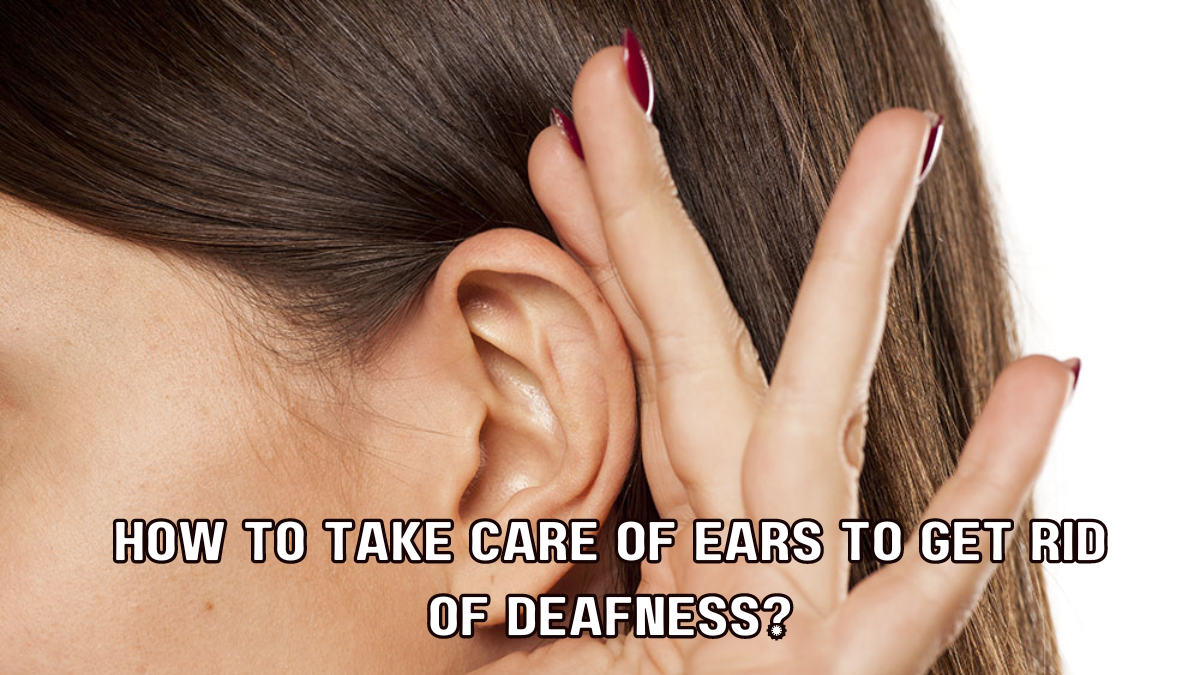Introduction:
Hearing is one of our most vital senses, enabling us to communicate, enjoy music, and stay aware of our surroundings. However, many of us often take our hearing for granted until problems arise. Protecting your ears and maintaining good hearing health is crucial to prevent hearing loss and improve overall quality of life. Here’s how you can take care of your ears to get rid of deafness or reduce the risk of hearing loss.
1. Avoid Exposure to Loud Noises:

a. Understand Sound Levels
Exposure to loud noises is one of the leading causes of hearing loss. Sounds are measured in decibels (dB), and prolonged exposure to noises above 85 dB can damage your hearing. Common sources of loud noises include concerts, power tools, and loud music through headphones.
b. Use Ear Protection
When you know you’ll be in a loud environment, use ear protection such as earplugs or noise-canceling earmuffs. These can significantly reduce the impact of loud noises on your ears.
2. Practice Safe Listening Habits:

a. Lower the Volume
Keep the volume at a safe level, especially when using headphones or earphones. The 60/60 rule is a good guideline: listen at no more than 60% of maximum volume for no more than 60 minutes at a time.
b. Choose Over-Ear Headphones
Over-ear headphones are generally better than in-ear earphones because they reduce the need to crank up the volume and offer better sound quality.
3. Keep Your Ears Clean, But Not Too Clean:
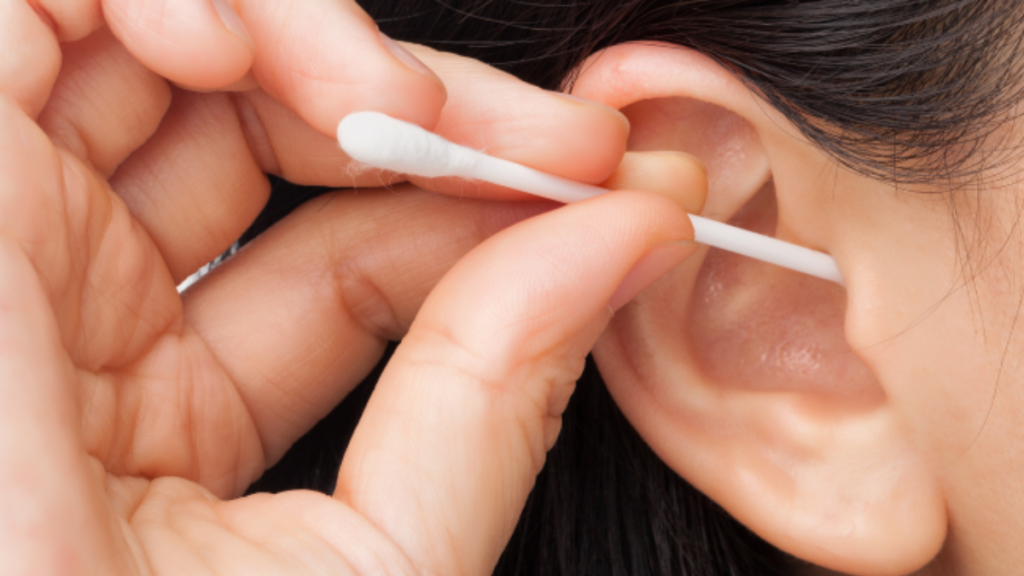
a. Avoid Using Cotton Swabs
Cotton swabs can push earwax deeper into the ear canal, causing blockages and potential damage. Instead, clean the outer ear with a damp cloth and let your ears’ natural cleaning process do the rest.
b. Use Ear Drops
If you have excessive earwax, use over-the-counter ear drops to soften it. If necessary, consult a healthcare professional to have your ears cleaned safely.
4. Protect Your Ears During Activities:
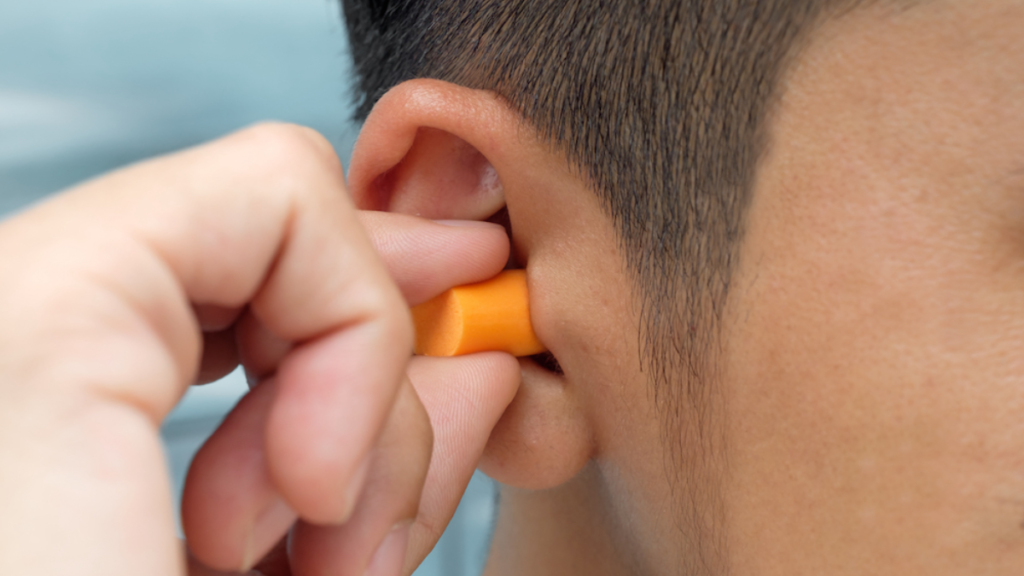
a. Use Ear Protection for Water Activities
When swimming or engaging in water sports, use earplugs to prevent water from entering the ear canal, which can cause infections and contribute to hearing loss.
b. Wear Helmets and Protective Gear
For activities like biking or contact sports, wearing a helmet and protective gear can prevent head injuries that could affect your hearing.
5. Maintain Overall Health:
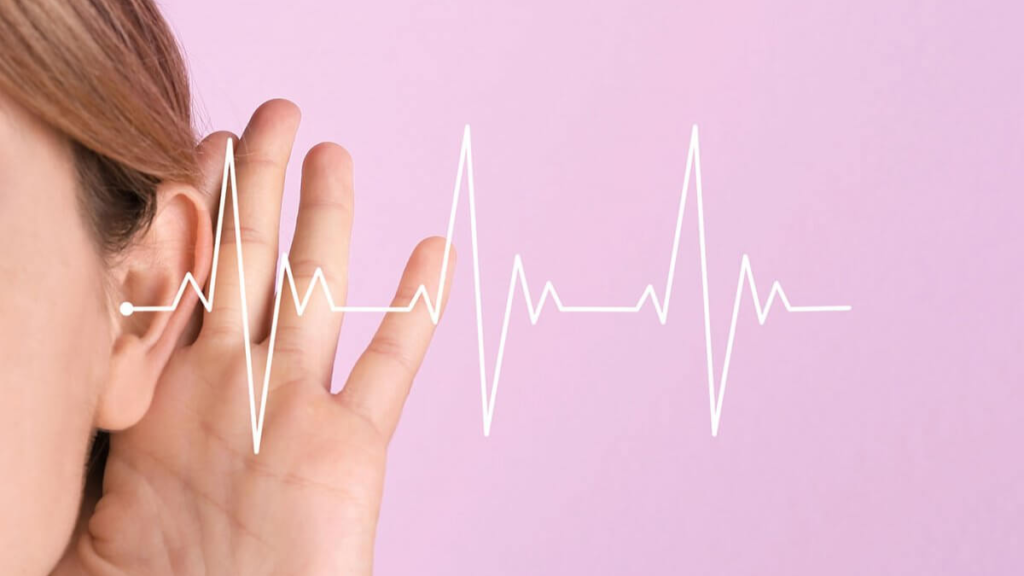
a. Stay Hydrated and Eat a Balanced Diet
Good overall health contributes to good ear health. Staying hydrated and eating a balanced diet rich in vitamins and minerals, particularly magnesium and potassium, supports your auditory system.
b. Exercise Regularly
Regular physical activity improves blood flow to all parts of your body, including your ears, helping to maintain their function and health.
6. Get Regular Hearing Check-ups:
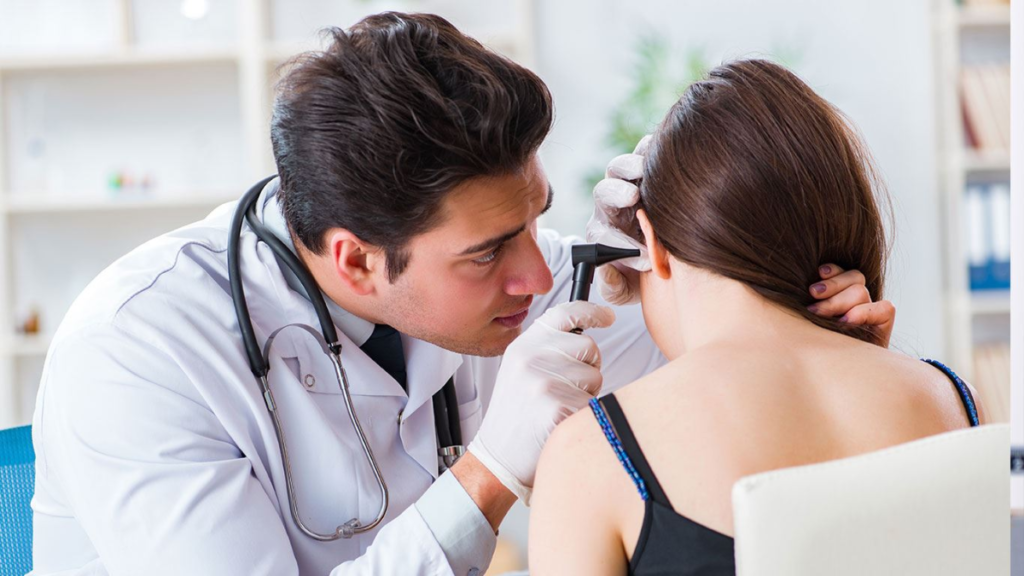
a. Schedule Annual Check-ups
Regular hearing tests can help detect early signs of hearing loss. If you work in a noisy environment or are frequently exposed to loud noises, more frequent check-ups might be necessary.
b. Seek Professional Help When Needed
If you experience any signs of hearing loss, such as difficulty hearing conversations or ringing in your ears (tinnitus), consult an audiologist or an ear, nose, and throat (ENT) specialist promptly.
7. Manage Ear Infections Promptly:
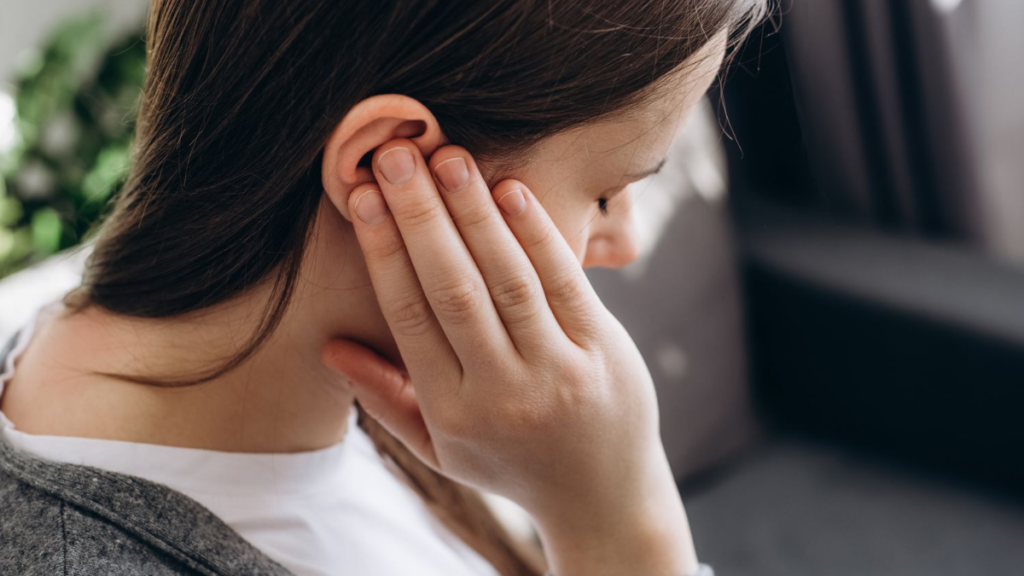
a. Recognize Symptoms Early
Symptoms of an ear infection include ear pain, discharge, hearing loss, and a feeling of fullness in the ear. Early recognition and treatment are crucial.
b. Follow Treatment Plans
If you develop an ear infection, follow your doctor’s treatment plan carefully to prevent complications and further hearing loss.
Conclusion:
Taking proactive steps to care for your ears can prevent hearing loss and maintain optimal hearing health. By avoiding loud noises, practicing safe listening habits, keeping your ears clean, protecting them during activities, maintaining overall health, getting regular check-ups, and managing ear infections promptly, you can ensure that your ears stay healthy and functional. Remember, your hearing is invaluable, so take good care of it!

